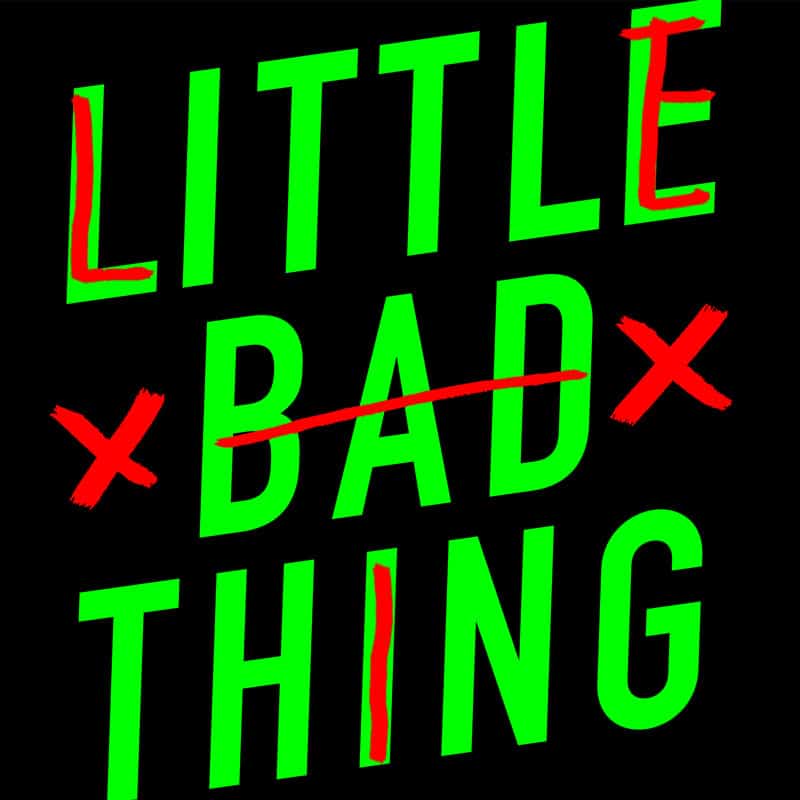
The ethics of smacking children
Opinion + AnalysisHealth + WellbeingRelationships
BY Matthew Beard The Ethics Centre 20 JUL 2017
Every generation likes to reflect on the way they were disciplined. They’re like old war stories, told with the fondness that comes with time and age.
I do the same. I was smacked as a child. For a time, I was convinced my backside was made of something other than flesh, such was its power to shatter wooden spoons. Weirdly, it’s something of a point of pride these days.
When it comes to smacking, it’s not just nostalgic to reminisce like this. It shapes our thoughts about whether smacking is ethical or not. “I was smacked and I turned out fine, so it must be OK.”
But that’s bad logic. The argument is a logical fallacy called “survivorship bias”.
Survivorship bias happens when we focus on those who made it through a difficult process without considering those who didn’t. The logic of “I was smacked and turned out OK” is the same as “I was tortured and I turned out OK”, but the fact you survived it doesn’t make it ethical.
When thinking about smacking, we need some better arguments. Here are a few things to consider.
Smacking is a show of force
With the exception of the grumpy nun from The Blues Brothers known as The Penguin, smacking only works on children who are too small to defend themselves.
Acknowledging this power imbalance changes how some people feel about the act of smacking. Philosopher and parent Damon Young writes, “deliberately striking [kids], whether coolly or in a rage, takes advantage of their weakness”.
Young thinks this is a question of character, writing “I don’t want to be the kind of man who hurts a smaller, weaker person”. Do you want to be the kind of parent who relies on physical power to command discipline, respect or obedience from your child?
Political philosopher Niccolo Macchiavelli said it was “much safer to be feared than loved when one must be dispensed with”. He thought fear was the most effective way to prevent people from betraying you because it creates “a dread of punishment which never fails”.
But Machiavelli had despotic political leaders in mind, not parents.
Effectiveness and ethics aren’t the same
Let’s go back to Macchiavelli for a second. He wasn’t interested in how to rule ethically, he wanted to know how to rule effectively. Sometimes it’s tempting to approach parenting the same way.
‘What’s the best way to get my child to sleep?’ ‘How can I stop him from biting me?’ When we’re bleary-eyed and desperately Googling for answers at three in the morning, we’re looking for whatever will get us the result we want. The means are less important to us than the ends.
Desperation doesn’t make for good ethical judgement. Telling your bub bedtime stories about the monsters who eat naughty children until they’re sobbing in fear might be an effective way to get them to toe the line but it’s not going to win you any parenting awards.
Parenting expert Barbara Coloroso suggests a slight modification to the ‘if it works, do it’ mentality. She suggests, “if it works and leaves a child’s and my own dignity intact, do it”. This is a crucial distinction – the dignity of both children and parents serves as a line in the sand against brute efficiency.
This doesn’t necessarily rule smacking out. Pope Francis himself thought smacking could be a dignified way of teaching kids about ethics.
Talking about a dad who sometimes smacks his kids – but never in the face – the Pope said, “How beautiful. He knows the sense of dignity. He has to punish them but does it justly and moves on.”
As a counter example, it’s worth wondering how dignified the Pope would feel being bent over someone’s knee.
What are you really communicating?
Some people defend smacking as a way of communicating with a child when words won’t do the job. They suggest that in the midst of a meltdown, it’s hard to reason with a child, but if a quick ‘love tap’ gets them to listen to you, it might allow for a constructive conversation.
These folks might enjoy reading Hannah Arendt. The 20th century philosopher thought violence was an effective form of communication to help moderate, reasonable voices to be heard. However, Arendt’s support for violence comes with a warning: the use of violence risks its being legitimised as a form of communication in a community (or family). Once violence becomes the talk of the town, everyone can be tempted to start speaking it.
Arendt concluded, “the practice of violence, like all action, changes the world, but the most probable change is a more violent world”.
If the same is true of families, it might be worth thinking twice before talking with the hand.
Ethics in your inbox.
Get the latest inspiration, intelligence, events & more.
By signing up you agree to our privacy policy
You might be interested in…
Opinion + Analysis
Health + Wellbeing, Politics + Human Rights
Feminist porn stars debunked
Opinion + Analysis
Relationships
Is modesty an outdated virtue?
Big thinker
Relationships
Big Thinker: Thomas Nagel
LISTEN
Relationships, Society + Culture




